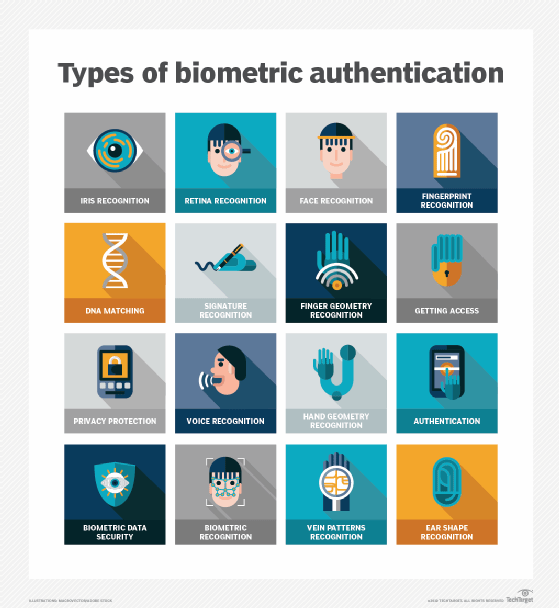national identity card
What is a national identity card?
A national identity card is a portable document, typically a plasticized card with embedded personally identifiable information (PII) or data, that's used to verify a person's identity. It is issued by a government or state as proof of a person's identity and citizenship.
Which countries use national identity cards?
National identity cards are used in many countries, but their appearance, the data they contain and their functions can vary. Also, some countries require all citizens to have and carry a national identity card, while others issue them on a voluntary basis.
Some countries, like the United States, with robust passport systems or other forms of identity documents, do not issue national identity cards.
National identity cards can also serve various functions beyond identity verification, such as a travel document within certain regions, proof of eligibility to work, or access to government services and benefits.
What is included on a national identity card?
In general, a national identity card includes the following information:
- Full name.
- Photograph.
- Date of birth.
- Gender.
- Nationality.
- Card number.
In some countries, additional information might also be included, such as the cardholder's address, marital status or even biometric data such as fingerprints.

Controversy behind national identity card
The concept of national identity card has always been a contentious issue, with arguments both for and against their implementation. The controversy often centers around the balance between enhancing security and protecting individual privacy rights.
The terrorist attacks on September 11, 2001, had a significant impact on the discourse around national identity cards, particularly in countries such as the United States, which do not have a national ID system. In the aftermath of the attacks, there were calls to implement such a system as a means of enhancing national security and preventing future acts of terrorism.
However, critics argue that national identity cards infringe on personal privacy and could potentially lead to a surveillance state. Furthermore, there is concern that mandatory identity cards would infringe on civil liberties and individual freedoms, potentially enabling discrimination or profiling.
There's also a fear of misuse of personal data, either by government entities or through data breaches. But misuse isn't the only challenge facing implementers of national identity cards.
The logistics of implementing a national identity card system can be challenging, particularly ensuring that all citizens are able to access their cards. The cost of implementing and maintaining such a system can also be substantial.
Finally, there is a question of whether national identity cards are effective at preventing crimes, fraud or terrorism. Some argue that resources would be better spent on other security measures.
In the U.S., the fallout from 9/11 led to changes in identity verification with the REAL ID Act of 2005 setting new standards for state-issued driver's licenses and identification cards. These policies are enforced by the federal government for official purposes such as boarding commercially operated airline flights.
Learn the difference between identity management vs. authentication.








